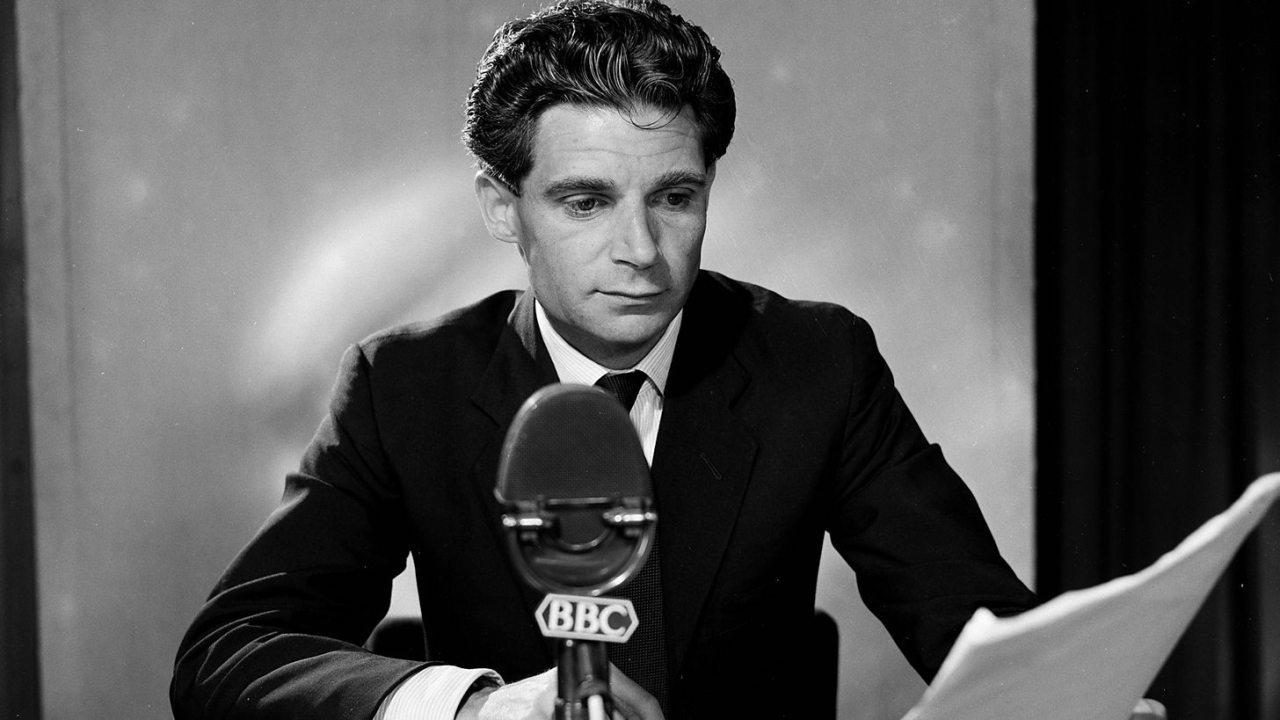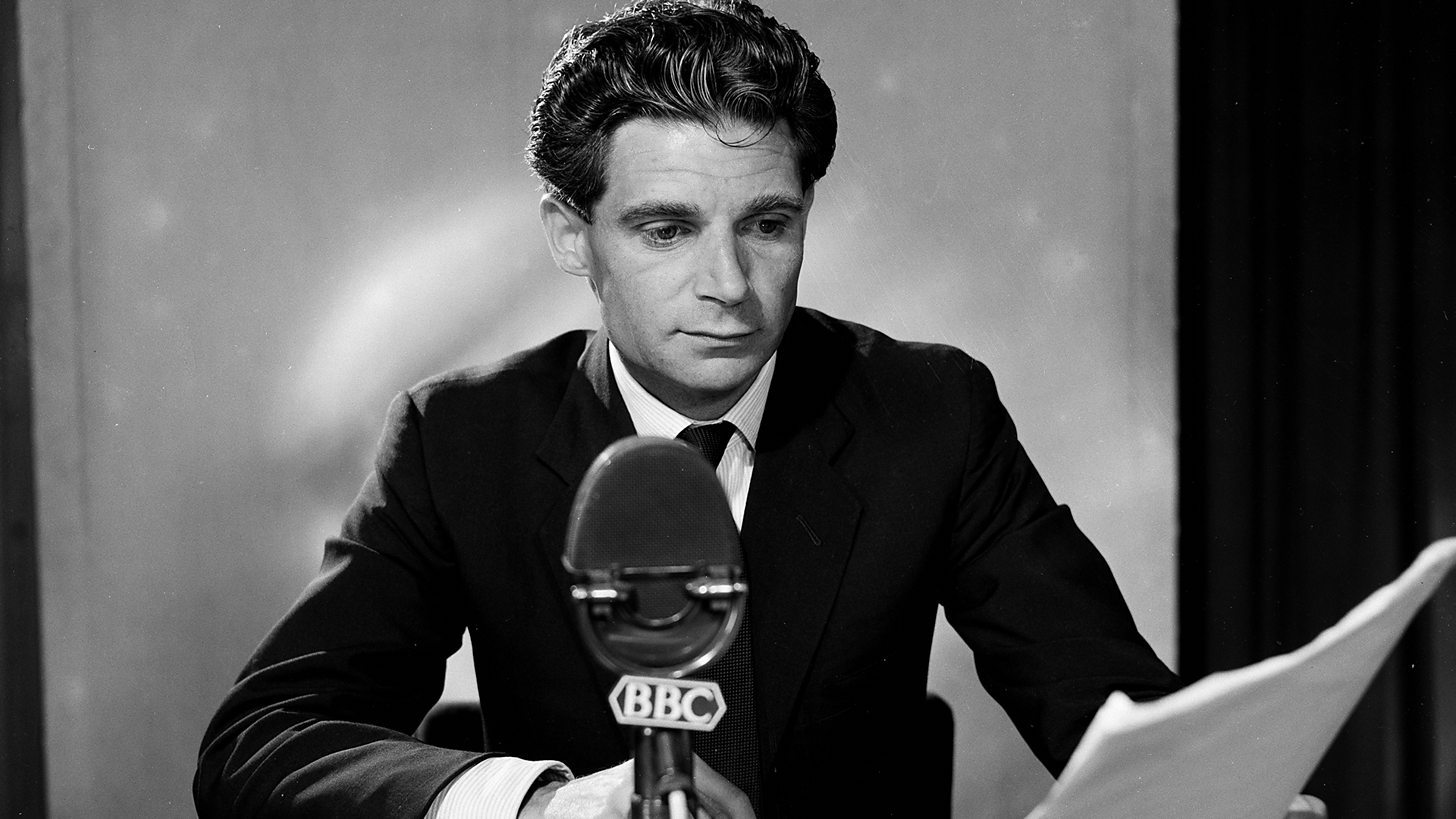Radio Four recently broadcast a ‘Best of’ edition of From Our Own Correspondent, marking 100 years since the birth of one of its most distinguished contributors, the late Charles Wheeler. Listening to the likes of Allan Little reporting on the fall of Mobutu, and Brian Barron in Vietnam, one is reminded that however tedious Thought for the Day and You and Yours may have become, some segments of R4 still shine.
Indeed, for many listeners, From Our Own Correspondent is the essence of the Beeb’s nation speaking unto nation remit – a weekly mailbag to Auntie from staff worldwide, sometimes grim, sometimes quirky. With its brief to provide ‘insight, wit and analysis,’ rather than straight news, it’s the world as told from the correspondent’s barstool, and often the more truthful for it.
Death is never cheated, and old men should not be gnarled. Souks should never be vibrant, let alone peoples or cultures
There is, however, one aspect of From Our Own Correspondent that doesn’t quite ring true. And that’s its title. These days, many of its voices aren’t the BBC’s ‘own’ correspondents at all, but freelancers, often with no broadcasting background.
I should know, as I’m one of them. Since leaving the Telegraph foreign desk back in 2016 and starting a new life as a roving freelancer, I’ve enjoyed many a good ‘FOOC’, as it’s slyly nicknamed at Broadcasting House. Like a wannabee Alan Whicker, I’ve chipped in from all over the world, be it wine-tasting in wartime Odesa, touring Bin Laden’s old haunts in Pakistan, or meeting witch-doctor private eyes in Nigeria.
This is not a case of me expanding my freelance portfolio by becoming some multi-media factotum. Rather, it’s because the FOOC format suits print hacks as much as broadcasters. Each piece is simply a written script read out loud, in the manner of Alistair Cooke in his armchair, relying on words alone to build a picture.
With nothing other than the author’s voice, there’s no need for sound grabs requiring recording expertise. Nor, these days, do you need to speak in an RP voice or be trained in how to enunciate clearly. My own not-so-dulcet tones – a mongrel blend of Edinburgh and northern England – are considered adequate. Today many contributors are non-native English speakers.
Where FOOC is still reassuringly stuffy, however, is on script standards. Unlike many newspaper websites, where sub-editors are a thing of the past, no FOOC airs without thorough scrutiny from the show’s producers. Simple language is prized, NGO-speak frowned upon.
Yes, some contributions are a bit earnest. And yes, the FOOC editors do agonise, in a very BBC way, over who they can call a baddie. I was once advised, for example, that Yahya Jammeh, the juju-loving, human rights-abusing crackpot who used to run Gambia, could not be called a ‘dictator’.
But otherwise, the Reithian spirit is still largely intact. Florid cliches – an occupational hazard for foreign correspondents – are officially banned. Death is never cheated, and old men should not be gnarled. Souks should never be vibrant, let alone peoples or cultures. No tale should open with a cabbie’s musings. And unlike certain BBC freelancers in the football punditry, impartiality is enforced.
A good FOOC is also a masterclass in how a casual encounter or anecdote can tell the bigger story. While some FOOCs do involve meeting the great and the good – and also the downright evil – most are about everyday dealings with neighbours, shopkeepers or officialdom. One that sticks in my mind was a correspondent in Egypt, Claire Read, recounting how female security staff at Cairo airport were bemused by the tampons she had in her baggage. Cue a thoughtful piece about how tampons are still largely taboo in Egypt, because of conservative beliefs that they interfere with a woman’s virginity.
All of which makes it even more baffling, though, as to why freelancers like me even get a look-in. For in broadcasting terms, the FOOC is an absolute plum slot to showcase one’s talents. At five or six minutes, it’s an eternity compared to the average radio news item, which is usually only 30 seconds and seldom longer than 90.
Yet while the big beasts like Jeremy Bowen, Orla Guerin and Africa Editor Andrew Harding are regularly on FOOC, some of its other bureau staff are seldom heard from. Hence the guest appearances by freelancers, who often make up two out of the five slots on each show.
True, outsourcing is already standard practice in many arms of the Beeb, and in my opinion (admittedly non-impartial) is no bad thing. It gives obscure foreign freelancers like me a shot at the limelight, and is a bulwark against the Beeb being too much of a group-thinky closed shop. But it does raise the question of why more of the Beeb’s ‘Own Correspondents’ don’t contribute more.
One explanation is that as a format relying purely on words, it only suits broadcasters who are good at print too (the two are very different skills). The other, though, is that these days, correspondents are simply too distracted feeding the insatiable beast of rolling news across the Beeb’s many platforms.
As the veteran broadcaster Ed Stourton wrote in his recent memoir, feeding 24-hour rolling schedule leaves correspondents ‘like some journalist Sisyphus, endlessly updating your story.’ Which is a shame – especially if it robs future Barrons and Guerins of the time to repose, reflect, and give Beeb listeners a bit of that FOOC insight, wit and analysis. FOOCing crazy, as they might say at Broadcasting House.







Comments